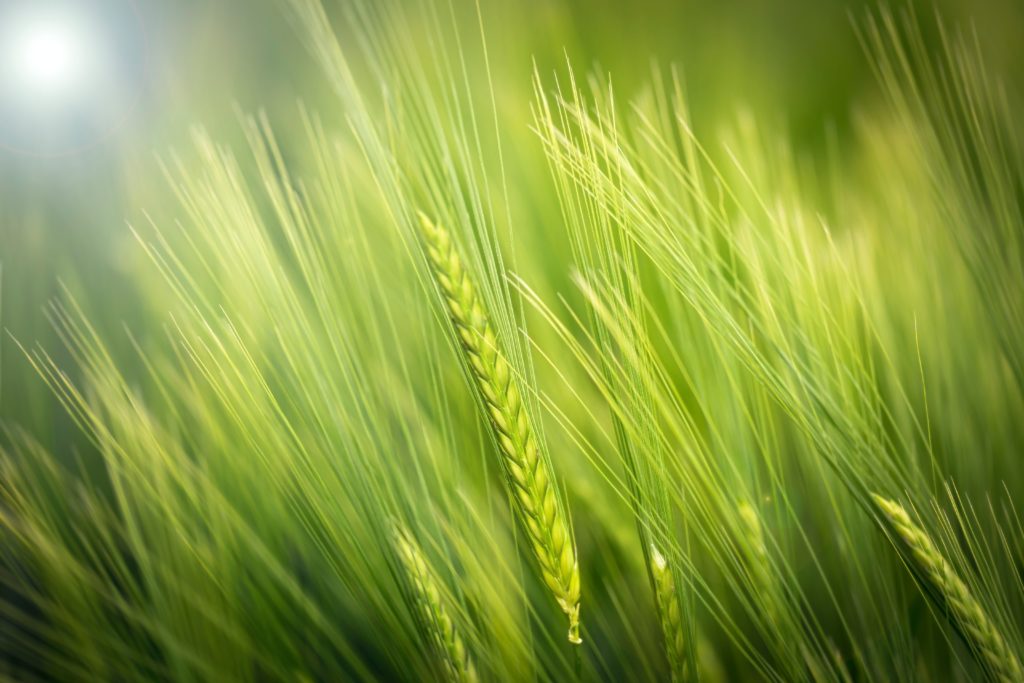No obstacles to ban glyphosate – New report by PAN Europe shows that alternatives exist for all uses
14 March 2023
Ahead of the EU’s decision on whether or not to re-approve glyphosate at the end of this year, the NGO Pesticide Action Network (PAN) Europe has just published a report for the European Greens which concludes that glyphosate can be avoided for most uses. The report demonstrates that there are much safer non-chemical alternatives for all known major uses of glyphosate herbicides and that the transition to glyphosate-free agriculture is economically feasible.
Based on a widespread belief, herbicides are safe for human health and have little impact on the environment. As a result, mainstream agricultural systems are now almost completely dependent on the use of pesticides, particularly herbicides.
The study points out that exposure to glyphosate not only poses a risk to human health and a variety of living organisms, but it also threatens biodiversity and the future of agriculture. The use of herbicides and pesticides not only have many negative impacts, but they are also increasingly failing to work due to evolved resistance. In fact, the number of glyphosate-resistant weed species now stands at 56, according to the report.
The study calls for a change in the way weeds are viewed. Only 20% of species are harmful to plant roots or crop yields, it says. The remaining 80% “do not need to be killed and can actually be beneficial to farmers and agricultural production systems,” the authors underline.
Recently, following the Farm to Fork strategy, several new EU policies called for a reduction of pesticide use in Europe such as the Commission’s proposal for a new regulation on the Sustainable Use of Plant Protection Products. The goal is to reduce the use and risk of chemical pesticides, as well as the use of the more hazardous pesticides, by 50% by 2030. However, at the current rate of use of herbicides, the study stresses that the EU pesticide reduction targets cannot be fulfilled. That is why alternatives to the current use of herbicides, mainly glyphosate, are necessary.
The report details different alternatives to pesticides:
- introducing crop rotation,
- using electrothermal weed-killers,
- using mulching,
- letting sheep, goats and horses feast on weeds, etc.
The authors called on the public authorities to provide more support to producers in their transition to less harmful weeding methods. This could take the form of financial aid or advisory services and knowledge sharing.
SAFE welcomes PAN Europe’s report highlighting the existence of alternatives to glyphosate, which aim to reduce the exposure of European consumers to harmful substances and protect the environment.




